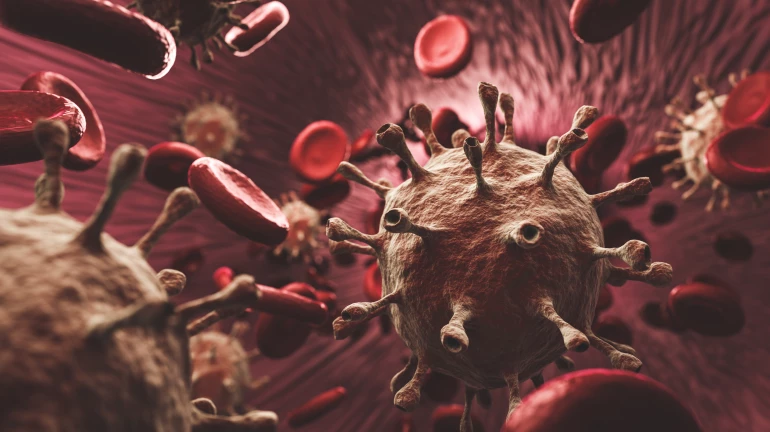
Biomedical waste management is one of the crucial factors in eliminating the harmful waste generated by hospitals, particularly during a pandemic.
A new gap analysis study conducted by the International Institute of Population Sciences (IIPS) has found that multiple Indian states are currently at a heightened risk of COVID-19 infections due to non-compliance with the existing biomedical waste (BMW) management rules.
The study noted that even though the pandemic has brought along a vast increase in the amount of biomedical waste generated, the number of waste disposal units is unchanged. Multiple global studies have mentioned that improper biomedical waste treatment can lead to an increase in infections.
This IIPS study went on to say that 23 of the 35 Indian States and Union Territories (UTs) including Maharashtra, continue to follow deep burial methods to dispose of waste, a practice that has been restricted by the Union Government.
Also read - Mumbai COVID-19 Waste Generation Up To 50,000 Kg In First Week Of April
The study added that around 70 per cent of the states in the country don’t have systems to frequently monitor the common biomedical waste treatment facilities (CBMWTFs) while only 12 states have reportedly upgraded their disposal facilities under the new emission guidelines.
It went on to point out that facilities in multiple states and UTs have already reached maximum capacity. There are a total of 200 CBMWTFs situated across the country, which the experts say may not be sufficient to handle the waste generated each day.
The Principal Scientific Officer of the Maharashtra Pollution Control Board (MPCB), Amar Supate said that the state has enough waste treatment facilities.
“Excess BMW is generated in fewer districts such as Mumbai and Pune, and capacity enhancement is already planned. Currently, the excess waste is sent to nearby facilities. Setting up a disposal facility requires a feasibility study, environment clearance, among other things,” Supate added.
As for deep burial, he said that the state only follows this method in hilly or generally inaccessible regions where captive treatment is not possible.
As per the Central Pollution Control Board (CPCB), Maharashtra, Kerala, Gujarat, Andhra Pradesh, and Delhi account for 70 per cent of the total COVID-related waste generated in India.
The study titled ‘Assessment of Bio-Medical Waste Before and During the Emergency of Novel Coronavirus Disease Pandemic in India: A Gap Analysis’ can be found here.
Read - Mumbai’s Only Biomedical Waste Treatment Plant To Be Shifted Out Of The City By Feb 2022





